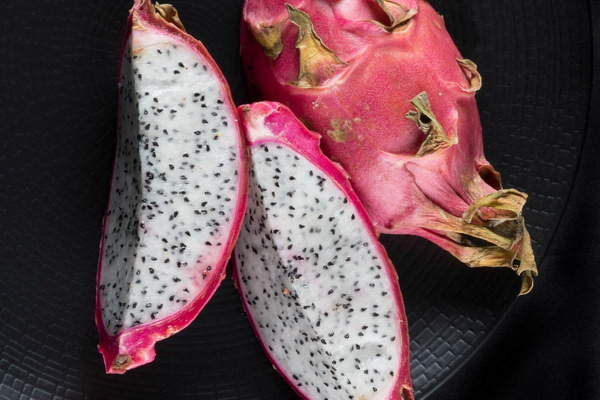Revitalizing Your Body Traditional Chinese Medicine Approaches to Kidney Disease Management
Kidney disease, a chronic condition affecting millions worldwide, can be both physically and emotionally taxing. While modern medicine offers treatments to manage kidney disease, traditional Chinese medicine (TCM) provides a holistic approach to improve overall health and well-being. In this article, we will explore how TCM can be utilized to manage kidney disease and promote body rejuvenation.
1. Understanding the Kidneys in TCM
According to TCM, the kidneys are vital organs responsible for storing essence, promoting bone growth, and regulating the body's fluid balance. Kidney health is closely linked to vitality, fertility, and longevity. When the kidneys are imbalanced, it can lead to various symptoms, including fatigue, weakness, and frequent urination.
2. TCM Diagnosis
TCM practitioners diagnose kidney disease by examining the patient's tongue, pulse, and overall condition. They may identify kidney deficiencies, such as kidney yin, kidney yang, or kidney Qi deficiency. Based on the diagnosis, a customized treatment plan will be developed.
3. Herbs and Natural Remedies
Herbs are a fundamental component of TCM treatment. Here are some commonly used herbs for kidney disease:
- He Shou Wu: Known for its rejuvenating properties, it is believed to nourish kidney yin and improve fertility.
- Eucommia ulmoides: This herb strengthens the kidneys, bones, and tendons, and is often used to treat kidney yin deficiency.
- Cordyceps sinensis: Known for its immune-boosting and energy-enhancing properties, cordyceps is beneficial for kidney yang deficiency.
- Astragalus membranaceus: This herb strengthens the immune system and promotes kidney Qi.
4. Acupuncture
Acupuncture involves inserting fine needles into specific points on the body to stimulate Qi flow and promote healing. In kidney disease, acupuncture can be used to:
- Improve kidney function
- Reduce swelling
- Alleviate pain
- Strengthen the immune system
- Improve sleep quality
5. Diet and Lifestyle Modifications
In TCM, diet and lifestyle play a crucial role in managing kidney disease. Here are some recommendations:
- Reduce salt intake: Excessive salt can lead to high blood pressure, which exacerbates kidney disease.
- Consume kidney-friendly foods: Foods such as nuts, berries, and lean proteins are believed to support kidney health.
- Stay hydrated: Adequate water intake is essential for kidney function.
- Exercise regularly: Regular physical activity can improve overall health and support kidney function.
- Manage stress: Stress can negatively impact kidney health, so it's important to find healthy ways to cope with stress.

6. Mindfulness and Meditation
Mindfulness and meditation are essential practices in TCM, as they help to improve mental and emotional well-being. These practices can also support kidney health by reducing stress and promoting relaxation.
7. Regular Follow-up
It's crucial for kidney disease patients to work closely with their TCM practitioners to monitor progress and adjust treatment plans as needed. Regular follow-up appointments will ensure that the patient's kidney function remains stable.
In conclusion, traditional Chinese medicine offers a comprehensive approach to managing kidney disease and promoting overall health. By combining herbal treatments, acupuncture, diet, and lifestyle modifications, TCM can help patients achieve a better quality of life. It's important to consult with a qualified TCM practitioner to develop an individualized treatment plan that suits your specific needs.









